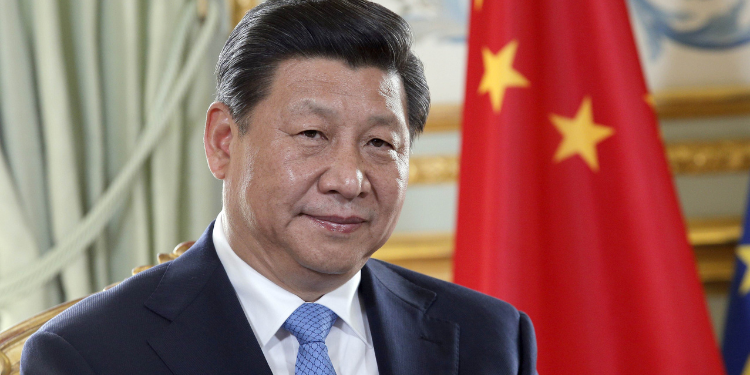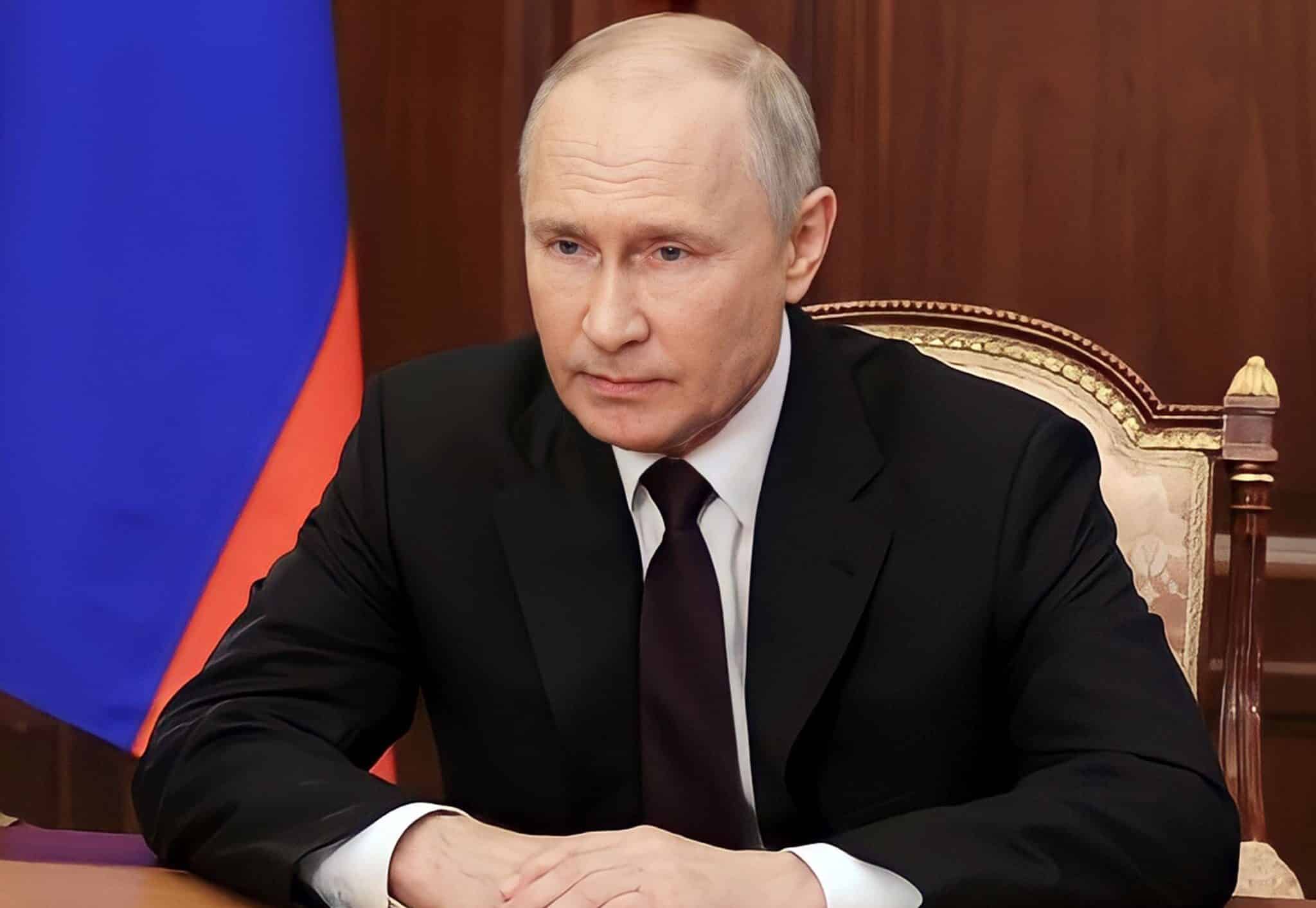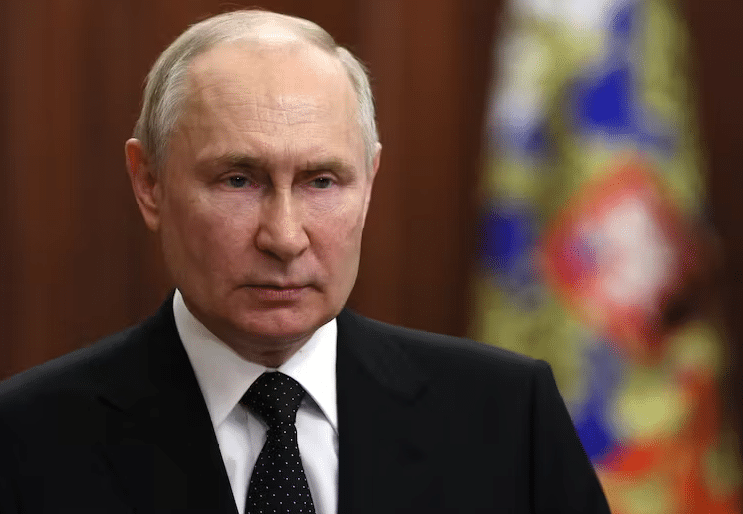China is pushing the U.S. to loosen its export restrictions on high-bandwidth memory (HBM) chips, ahead of a possible summit between Presidents Donald Trump and Xi Jinping.
The HBM chips are vital for advanced artificial intelligence applications and are often integrated with AI processors to maximize performance in handling the large data loads involved in AI training and inference.
China on U.S restrictions
Beijing wants the U.S. to ease restrictions on the important HBM chips as U.S controls have severely impacted Chinese firms such as Huawei, limiting their ability to develop competitive AI technologies.
China is leveraging the urgency of the proposed summit between Trump and Xi Jinping to press for concessions that would restore access to critical chip technologies.
Both sides are seeking to stabilize a relationship strained by tariffs, technology restrictions, and geopolitical tensions in the South China Sea and Taiwan Strait.
The restrictions, imposed under U.S. export control laws, currently affect the sale of chips from companies like Samsung, SK Hynix, Micron, and any U.S.-designed AI processors that integrate HBM.
If granted, it would give Chinese firms a faster route to high-performance AI training hardware, potentially narrowing the technology gap with the U.S.
Although Chinese memory chipmakers like ChangXin Memory Technologies and Yangtze Memory Technologies have made progress, they remain several years behind global leaders in producing high-performance HBM.
Relaxing restrictions may help revive critical trade negotiations but could undermine the U. S’s strategic objective of limiting China’s AI advancement.
Also Read: Putin’s U.S. Visit: Tight Security and Diplomatic Protocols Awaiting Russian Leader
American chipmakers like Nvidia and AMD rely heavily on the Chinese semiconductor market and stand to benefit commercially if controls are eased, even as national security concerns grow.
U.S stance
The U.S has imposed strict export controls on advanced semiconductors and related technologies to China since 2022, expanding restrictions in 2023 and 2024 to include HBM chips capable of exceeding certain performance thresholds.
The aim has been to limit China’s ability to develop cutting-edge AI systems with potential military applications.
The controls require U.S. suppliers and foreign manufacturers using U.S. technology to obtain licenses before shipping advanced chips to Chinese entities.
While there is no guarantee the summit will occur, diplomats say discussions have intensified in recent weeks, with senior officials holding multiple rounds of preparatory meetings.
The Biden administration’s original export control framework, inherited and modified by the Trump administration, defines restricted chips based on bandwidth, interconnect speed, and the ability to support large-scale AI model training.
While the U.S seeks to slow Beijing’s technological rise in sensitive fields, it also recognizes the commercial costs of an overly restrictive approach.
Semiconductor manufacturers in allied countries, particularly South Korea and Japan, have also lobbied U.S officials for more flexibility, fearing revenue losses and disrupted supply chains.
Trump-Xi Jinping Summit
Both the U.S and China are still in early discussions, and no summit has been formally scheduled or finalized.
Also Read: India Shot Down Six Pakistani Military Aircraft in May Fighting, Air Force Chief Says
Aides from both sides are exploring potential arrangements for a meeting during an Asia trip later this year, especially aligning with the Asia-Pacific Economic Cooperation (APEC) summit in South Korea (October 30–November 1).
Trump stated he will only meet Xi if a trade deal is secure, downplaying the likelihood of proactively pursuing the summit, saying he is not seeking one but may visit China if invited by Xi.
Trump’s enthusiasm for a face-to-face with Xi is seen as a leverage point but also raises concerns in the U.S that he might concede too much in pursuit of a deal.
A U.S.–China trade understanding could shift the balance in global trade talks, giving the U.S more leverage with the EU, Japan, and others.
Follow our WhatsApp Channel and X Account for real-time news updates.
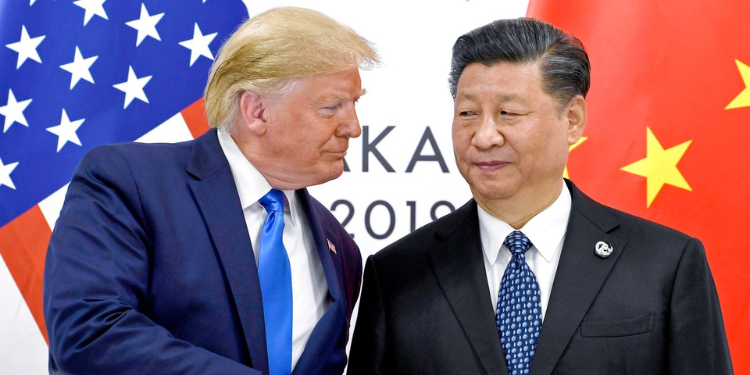
















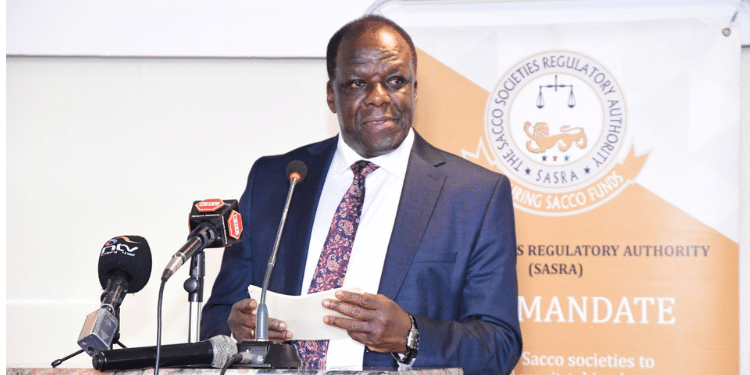



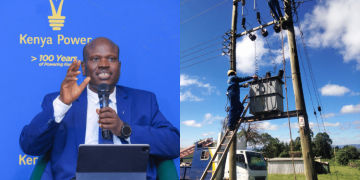
































![Senator Allan Chesang And Chanelle Kittony Wed In A Colourful Ceremony [Photos] Trans Nzoia Senator Allan Chesang With Channelle Kittony/Oscar Sudi]( https://thekenyatimescdn-ese7d3e7ghdnbfa9.z01.azurefd.net/prodimages/uploads/2025/11/Trans-Nzoia-Senator-Allan-Chesang-with-Channelle-KittonyOscar-Sudi-360x180.png)

















